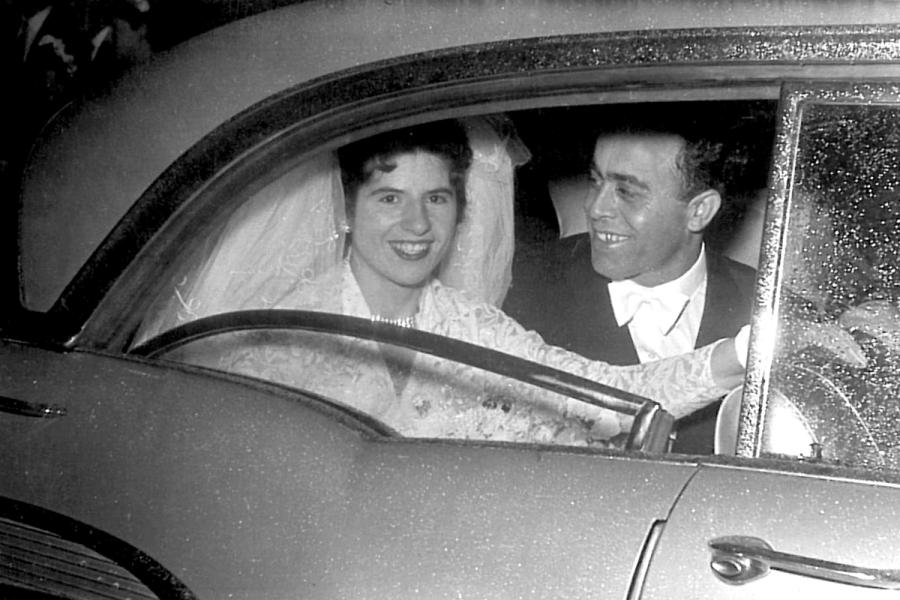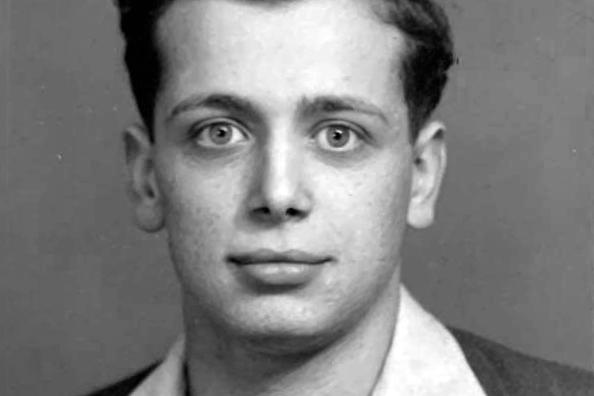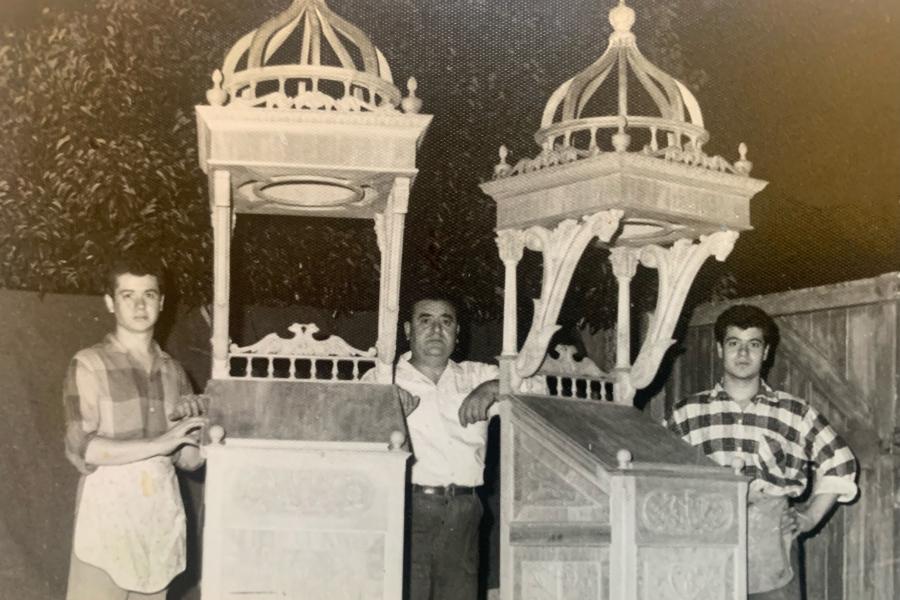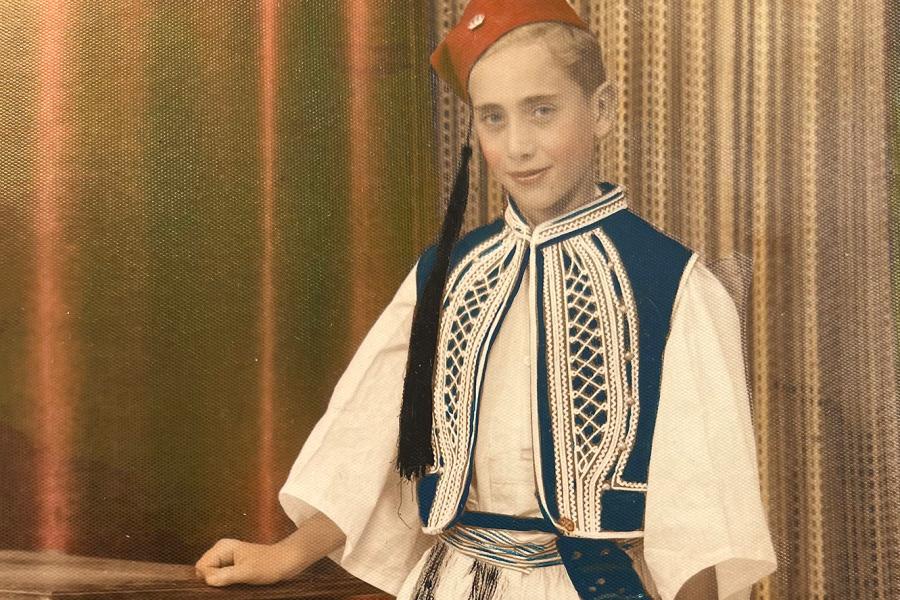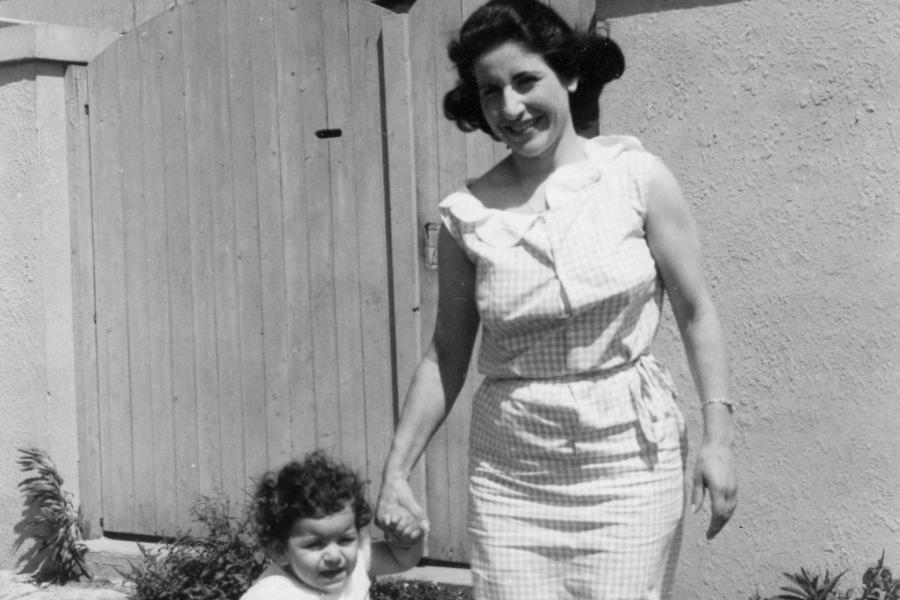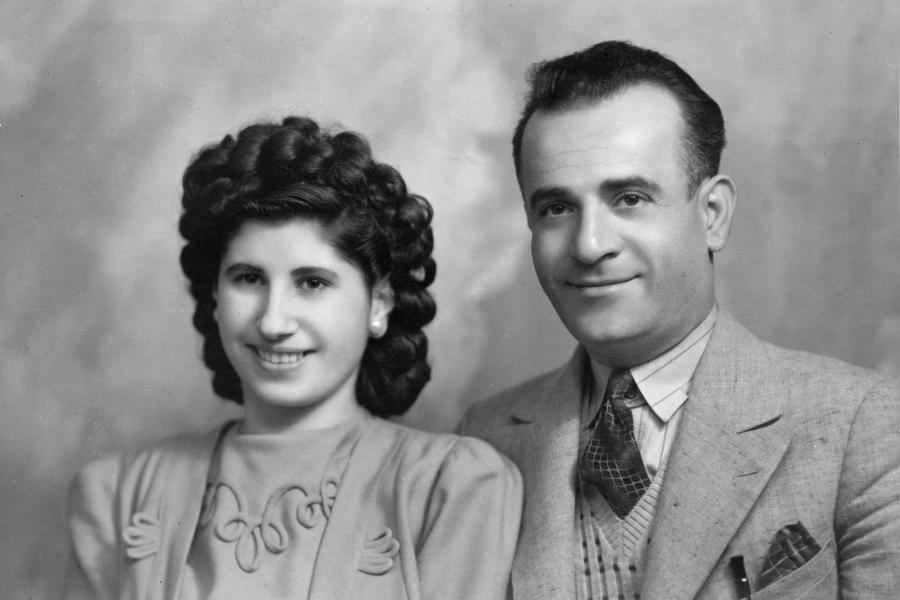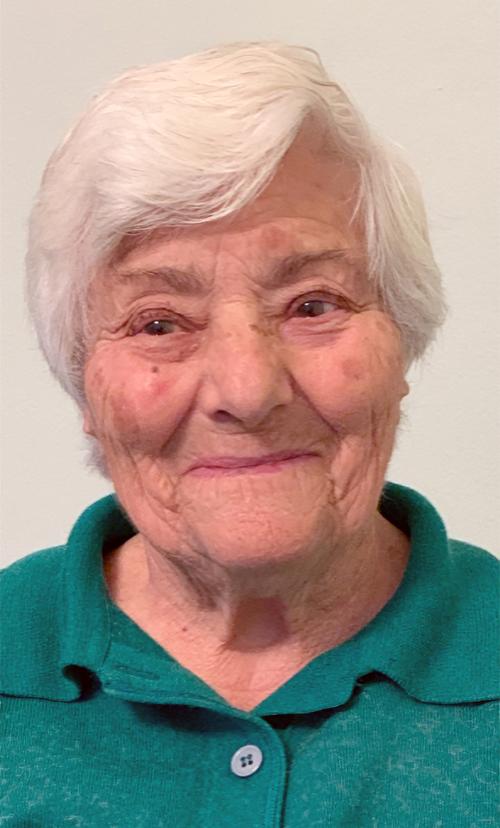

Speaker background
Eugenia was born in the village of Andania in Messinia, Peloponnese in 1928. She recalls the challenges her family endured under German occupation in the Second World War and the Greek Civil War. She recalls her experiences as a young girl when she delivered food in a basket during the night, secretly helping villagers in desperate need.
She describes her life working as a hairdresser in Athens supporting her family, before making the decision to migrate to Australia to search of a better future. In Sydney, her hairdressing skills would be utilized immediately along with factory shift work which supported both her family in Greece and her future savings.
She would marry soon after arrival by ‘proxenio’ or arranged marriage, and the couple worked hard to buy their first home, renting out rooms to supplement their income.
Eugenia and her husband raised three children in Sydney’s inner west and worked several jobs simultaneously to make ends meet: running retail businesses, factory and cleaning shift work.
Interview summary
Eugenia discusses her early years in Athens where she worked as a hairdresser. For several years she had the responsibility of supporting her family and was unable to accumulate any savings for herself. She decided to start a new life in Australia, and, within three months of arrival, she was married by 'proxenio'.
Interview highlights
highlight
Eugenia discusses the common practise of match-making (proxenio) and why she thought it was important to find someone who came from the same area in Greece. Here she talks about the advice she was given before she left to come to Australia
Look, if I was to go to Epirus or if I was to go to other places very far away, my parents, who were elderly and didn’t know much as they were villagers, how were they to go to the in-laws to get to know each other?... And when I left to go to the airport, a cousin of mine, Roumeliotis, who is a lawyer, says to me: ‘Come and listen Eugenia. When you decide to get married, be careful not to marry a foreigner, but to marry someone from our area so that the villages are close to each other.’ And I listened to what he said.
Timecode 38:21 - 39:05
highlight
Eugenia talks about how important it was to save money to buy her own home
I lived well. My husband was gold. We connected well. He had three thousand drachmas in those days, and he asked me what I wanted him to buy for me. And I told him I didn’t want him to buy me anything because I wanted to buy a house. I had a ring, I had earrings, I had an identity bracelet, and I had a watch. So I didn’t want anything. He thought if I didn’t want anything I must be scheming something. But I wasn’t scheming anything. I just wanted the money to remain. I told him I didn’t want the money, and, if he wanted to send it back to his mother, he should send it [to her], or to his father or to his siblings, to send them the money. I wanted him to hold onto the money so we could buy our own house and I said to him that I’m not having children in a foreign house. Anyway, he listened to me, and not a franc was spent.
Timecode 41:16 - 42:26

